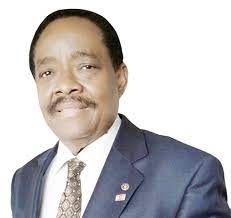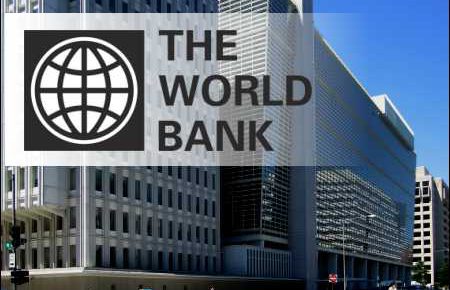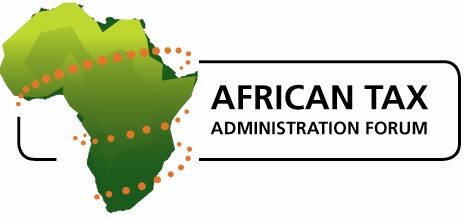The Lagos Chamber of Commerce and Industry (LCCI) has charged the Federal Government on the need to attract more investments in export infrastructure and other critical areas to sustain the nation’s balance of merchandise trade surplus in the years ahead.
The President of the organized private sector (OPS) group, Dr. Michael Olawale-Cole, gave the charge at a media briefing on the state of the nation’s economy.
Citing the official data which reflected that Nigeria recorded N1.97 trillion trade surplus in the second quarter of 2022, to justify the Chamber’s position, LCCI president pointed out that sustaining the trade surplus would require enhanced and automated port operations, addressing high production costs and boosting the supply side of the foreign exchange market to improve its liquidity and easy access to foreign currencies.
In addition, the industrialist maintained that Nigeria also needed to diversify its exports by boosting local crude refining capacity, production of petrochemical products, and accelerating reforms in the oil and gas sector to attract more foreign investments in the coming months.
While commending the government on the initiative to produce the new national trade policy 2023-2027 to replace the outdated trade policy, Olawale-Cole expressed the hope that the approval of the policy by the Federal Executive Council (FEC), will support robust trade relations between Nigeria and trade partners globally.
Reflecting on the latest economic performance report, the LCCI president noted that the 1.2 percent growth in agriculture and 3 percent in manufacturing were low when compared with other sectors, adding that this reflects that the two sectors were facing threats which have accentuated the spiking inflation rate in the country.
The industrialist, who also spoke on the performances of other sectors and challenges, explained that while the Central Bank of Nigeria (CBN) continued its monetary tightening measures to tame inflation, it should ensure that targeted concessionary credit to the private sector was sustained for Micro, Small and Medium Enterprises (MSMEs).
The LCCI President said: “The CBN needs to gradually transition to a unified exchange rate system and allow for a market-reflective exchange rate.
“The CBN also needs to roll out more friendly supply-side policies to boost productive sectors, bolster investor confidence and help attract foreign investment inflows to the economy.
“As a matter of urgency, the government must tackle the flood menace in the country by implementing environmental guidelines and establishing preventive infrastructure.
“The impact of climate change on agriculture is becoming more evident by the day, and quick response is critical to avert food insecurity and worsening food inflation”, he added.
On the low power generation capacity of the country, rising incidents of vandalism of power installations, a disrupted gas supply, challenges with 100 percent metering, and inability of distribution companies (DISCOs) to take up generated power, Olawale-Cole asked the government to prioritize its focus on these problems in order to consolidate on the modest growth of the economy.
He cautioned: “If not quickly tackled, these challenges will likely subdue the Gross Domestic Product (GDP) growth potential and projections for 2022. We recommend that government should invest more in technology to fight the vandalism of pipelines and power installations.
“The government should create funding for critical infrastructure and special-purpose intervention in the power sector. The most sustainable solution to Nigeria’s power shortages is the transition to renewable energy and the decentralisation of the national grid”, the LCCI President added.




